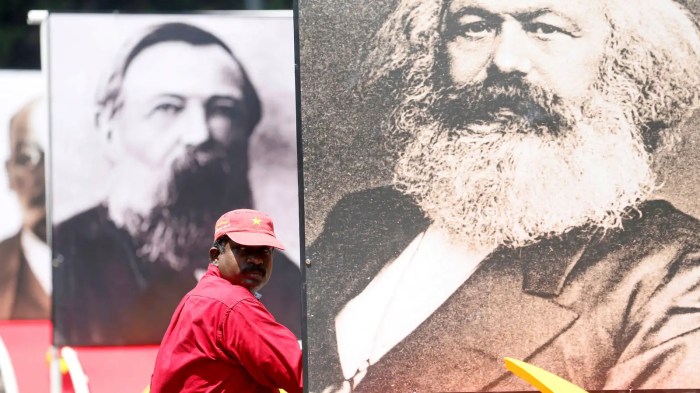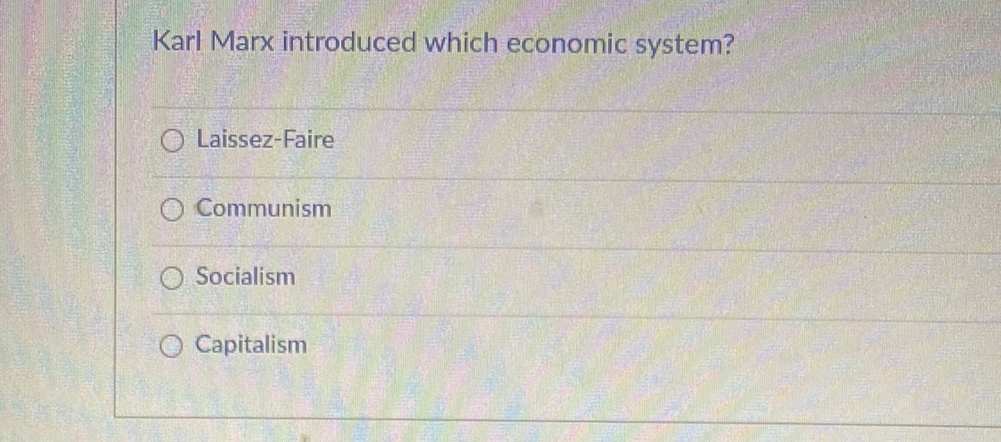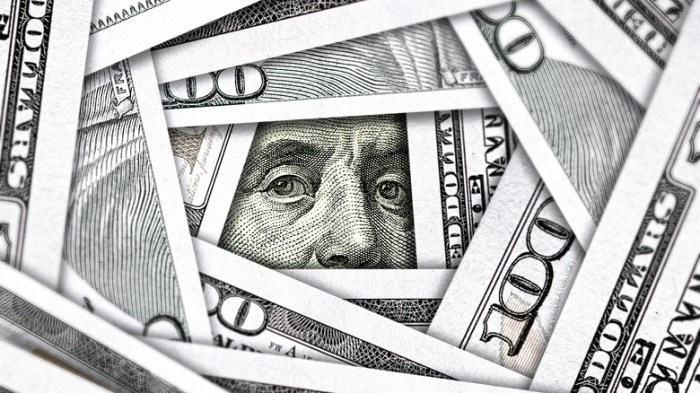Karl Marx predicted that laissez-faire capitalism would result in a series of dire consequences, including the polarization of wealth, class struggle, exploitation and alienation of workers, and capitalist crises.
Marx’s critique of laissez-faire capitalism stemmed from his belief that it was an inherently unstable and crisis-prone system that would ultimately lead to its own demise.
Marx’s Predictions on Laissez-Faire Capitalism

Karl Marx predicted that laissez-faire capitalism would result in a number of negative consequences, including the polarization of wealth, the intensification of class struggle, the exploitation of workers, and the tendency towards capitalist crises. These predictions were based on his analysis of the underlying principles of capitalism, which he believed were inherently unstable and exploitative.
Polarization of Wealth and Class Struggle, Karl marx predicted that laissez-faire capitalism would result in
Marx predicted that laissez-faire capitalism would lead to a polarization of wealth, with a small number of wealthy capitalists owning the majority of the means of production, while the vast majority of the population would be forced to sell their labor for wages.
This polarization would intensify class struggle, as workers became increasingly aware of their exploitation and sought to improve their conditions.
Exploitation and Alienation of Workers
Marx argued that under capitalism, workers are exploited by capitalists, who pay them less than the full value of their labor. This exploitation is made possible by the fact that workers do not own the means of production, and are therefore forced to sell their labor to capitalists in order to survive.
Marx also believed that capitalism alienates workers from their labor and themselves, as they are reduced to mere commodities to be bought and sold.
Capitalist Crises and the Tendency to Centralization
Marx predicted that capitalism is inherently unstable and prone to crises. These crises are caused by the tendency of capitalists to accumulate wealth, which leads to overproduction and a decline in profits. Marx also believed that capitalism would lead to a tendency towards centralization, as larger capitalists drive smaller capitalists out of business.
This concentration of wealth in fewer hands would further intensify class struggle and make it more difficult for workers to improve their conditions.
Historical Examples and Evidence
There is some evidence to support Marx’s predictions about laissez-faire capitalism. For example, the Industrial Revolution led to a significant polarization of wealth, with a small number of wealthy industrialists owning the majority of the means of production. This polarization led to increased class struggle, as workers sought to improve their conditions and gain a greater share of the wealth they produced.
Helpful Answers: Karl Marx Predicted That Laissez-faire Capitalism Would Result In
What did Karl Marx predict about laissez-faire capitalism?
Marx predicted that laissez-faire capitalism would result in the polarization of wealth, class struggle, exploitation and alienation of workers, and capitalist crises.
What were Marx’s criticisms of laissez-faire capitalism?
Marx criticized laissez-faire capitalism for being an inherently unstable and crisis-prone system that would ultimately lead to its own demise.
Have Marx’s predictions about laissez-faire capitalism been borne out in the real world?
Yes, Marx’s predictions about laissez-faire capitalism have been borne out in many ways in the real world. The polarization of wealth, class struggle, and exploitation of workers are all major problems in capitalist societies today.

